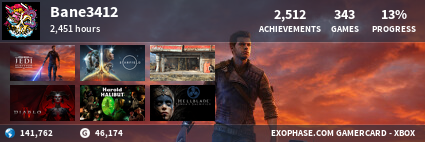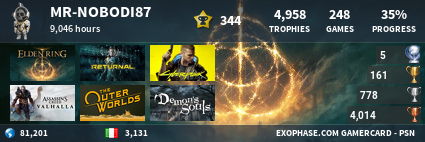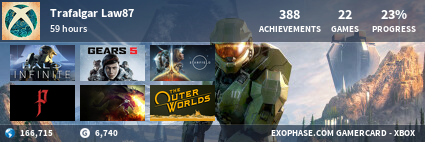But as a game, what I find most remarkable is how Rockstar willfully ignores the conventional wisdom about modern game design. There is no convenient fast travel to zip you around at your whim, geography be damned. You’ll only use a couple of weapons, and the gear upgrades are so minimal as to be almost meaningless. There’s not really much of an economy, and the cash sink drinks up its money and then moseys away. Character progression is limited and almost beside the point. You’re not earning experience points or leveling up skills or even unlocking new interlocking systems. In fact, the systems don’t seem concerned with each other. They’re just there to let you plink away at them if you’re so inclined. This affords Red Dead Redemption 2 exactly what most open worlds are afraid to afford: freedom to ignore them.
Instead of prodding you with gameplay incentives, Rockstar’s obsession with detail expects you to care, too. They expect you to care about the text in the catalog at the store, the meanderings of the various wildlife, the relationship between a cowboy and his horse, the gun oil you need to maintain your favorite pistol, the care it takes to kill an animal without destroying its pelt, the tins of biscuits you eat by the campfire, chopping wood in the morning, whether to use your last tin of chewing tobacco, shaving before you visit a woman, putting on a warm coat because it’s colder out here, looking for wild mint to season your venison, whether to get a new varnish on your shotgun’s stock, finding where your durn hat fell after a shootout. These are the gameplay beats of Red Dead Redemption 2, which couldn’t care less about eliciting the Pavlovian responses that drive modern game design. This is no feedback loop. It’s a languid way-of-life sim with a few action set pieces. Imagine an arthouse movie with summer blockbuster production values, as if Terrence Malick had been given a Star Wars movie. Imagine if Ubisoft had made Gone Home. Like Arthur Morgan himself, Red Dead Redemption 2 is meditative, laconic, a slow burn, drawn out and unhurried, sometimes even morose, more concerned with characters than spectacle. Let us go then, it suggests.













